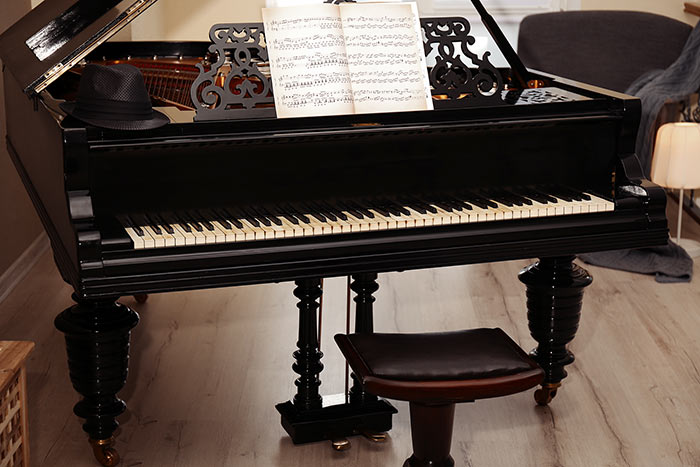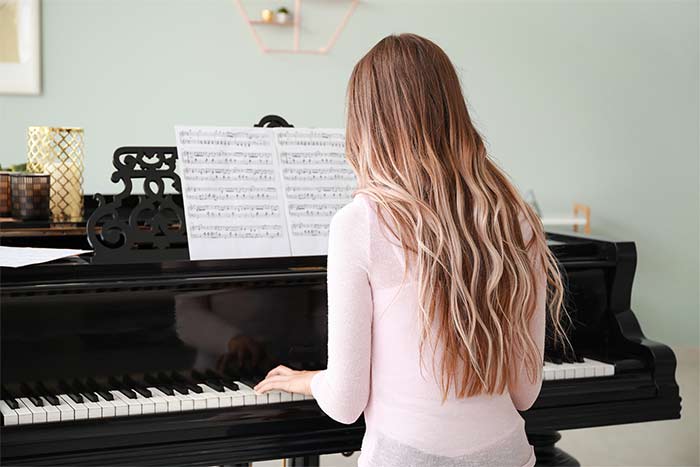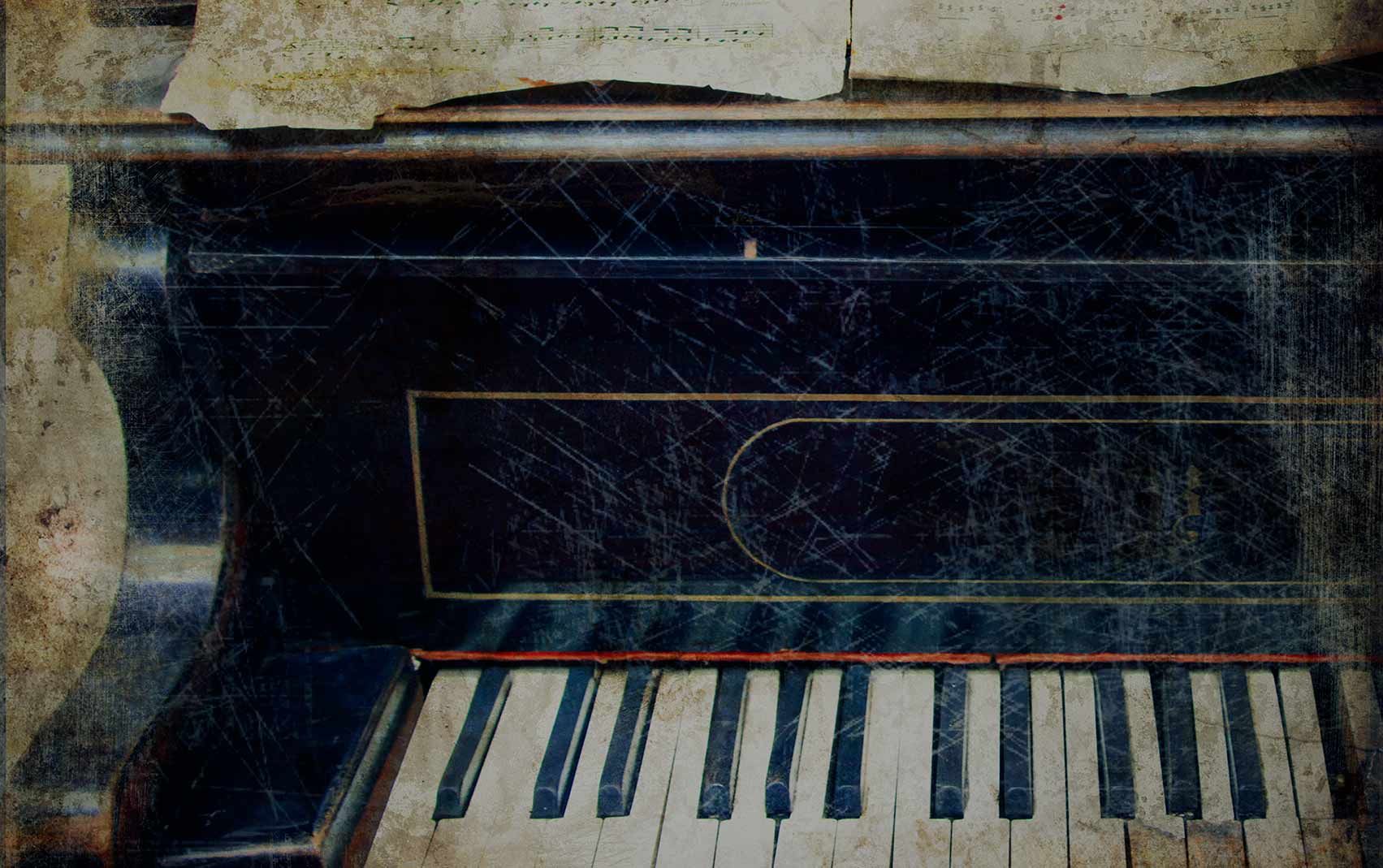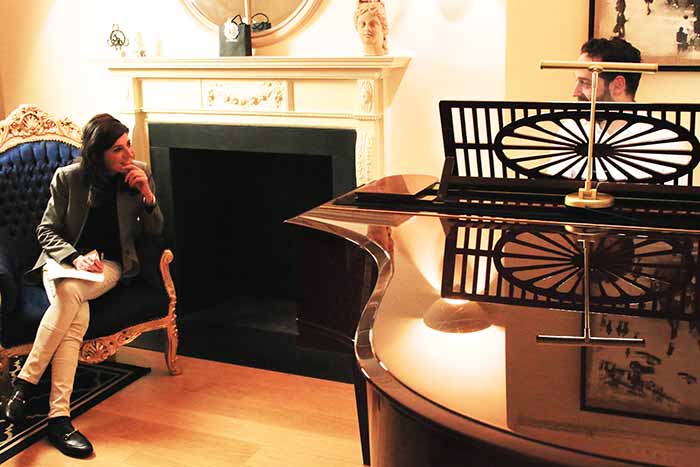About Xinyue
Xinyue, a renowned classical piano teacher at London Piano Institute, brings over a decade of experience, remarkable skills, and awards to inspire students.
Stefan Joubert: When did you start playing the piano and why?
Xinyue: I started playing the piano at the age of 4. My parents quickly noticed my fascination with the piano. They saw that I had an ear for music and an unusual sense of rhythm for my age. They decided to nurture my budding talent by enrolling me in piano lessons.
Stefan Joubert: What is your worst memory as a piano student?
Xinyue: It was a warm summer evening, and the concert hall was filled with eager and expectant faces. I had been preparing for this piano recital for months, pouring my heart and soul into the music. My family and friends were in the audience, and the pressure was high. As I walked onto the stage, the grand piano gleaming under the spotlight, I felt a mixture of excitement and nervousness. I took my seat, adjusted the bench, and took a deep breath. The moment had arrived. The first notes of the piece sounded bright and promising. The audience was in rapt attention. But as I progressed through the performance, something went awry. My fingers, which had been so reliable in practice, began to falter. The intricate passages that I had mastered suddenly felt foreign, and I struggled to maintain the rhythm and tempo. The more I tried to correct my mistakes, the worse they became. I could feel the eyes of the audience on me, and the anxiety built with each wrong note. It was as if the piano had turned into a daunting adversary, and I was losing the battle. By the time I reached the climax of the piece, it had become a series of disjointed, dissonant notes. I could hear whispers in the audience and the uneasy shifting of seats. I was overwhelmed with a sense of humiliation and disappointment. As I reached the final note, the silence in the hall was deafening. I stood up, bowed, and hurried off the stage, my face flushed with embarrassment. Backstage, I couldn’t hold back the tears. The sense of failure was crushing. While this memory is a painful one, it’s important to remember that even the most accomplished pianists can face moments of failure. What’s crucial is how they choose to learn from these experiences and use them to grow and improve as musicians.
Stefan Joubert: How do you choose the repertoire for your students?
Xinyue: I would take a thoughtful and individualised approach to ensure that the pieces I choose align with each student’s skill level, interests, and learning objectives. Here’s how I might go about it:
- Assessment of Skill Level: I would start by assessing each student’s current skill level. This includes evaluating their technical abilities, sight-reading skills, and understanding of music theory.
- Consider Student Preferences: It’s important to consider the student’s musical preferences. I would ask them about the styles and genres of music they enjoy. This helps to keep them engaged and motivated.
- Balancing Challenges: I would choose pieces that strike a balance between being challenging and manageable. The repertoire should be neither too easy nor too difficult. It should be a stretch for the student but within their capabilities.
- Progression: I would plan a progression of pieces that gradually increase in difficulty. This ensures that students continuously develop their skills and have a sense of achievement with each new piece they learn.
- Incorporate Variety: To keep the learning experience interesting and well-rounded, I would incorporate a variety of musical styles, time periods, and composers. This exposure can expand their musical horizons.
- Educational Goals: I would align the choice of repertoire with the specific educational goals of the student. For example, if a student is preparing for an exam or competition, I would select pieces that fit those requirements.
- Challenging Weaknesses: If a student has specific technical weaknesses or areas that need improvement, I would select repertoire that targets those areas to help them grow as a pianist.
- Provide Opportunities for Expression: I would also choose pieces that allow students to express themselves and convey emotions through their playing. This helps develop their interpretive and artistic skills.
- Listening and Analysis: I would encourage students to listen to recordings of the chosen pieces and analyse the music. This helps them understand the context and interpretation better.
- Regularly Review and Adjust: Repertoire choices are not set in stone. I would regularly review the progress of my students and make adjustments as necessary. If they have mastered a piece, it’s time to move on to the next challenge.
By taking this comprehensive and personalised approach to repertoire selection, I would aim to create a positive and effective learning experience for each of my students, tailored to their unique needs and aspirations.
Stefan Joubert: What is the most valuable advice you were given as a student?
Xinyue: Invent Stories: Consider the possibility that your piano playing can evoke stories from the past. What tales or scenes could your music be telling? Create your own narratives and convey them through your playing.
Stefan Joubert: What do you think could prevent a pianist from becoming as successful as he could be?
Xinyue: Maybe Inflexibility and Resistance to Change: Stubbornly sticking to one way of playing or being resistant to feedback and new approaches can limit a pianist’s growth. Career Choice: While a love for piano music is important, some pianists might not pursue a career in music due to practical considerations, which could limit their opportunities for success in the music industry. Over-specialisation: Focusing solely on piano and neglecting other aspects of musicianship, like composition or music production, can limit a pianist’s potential avenues for success.








